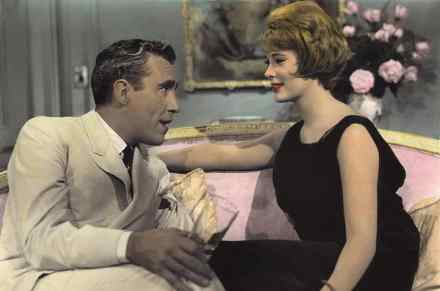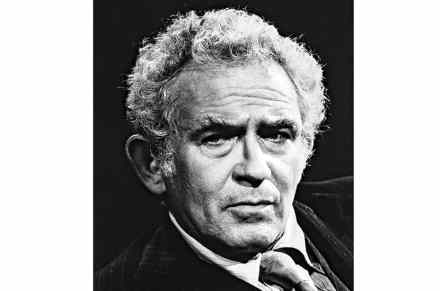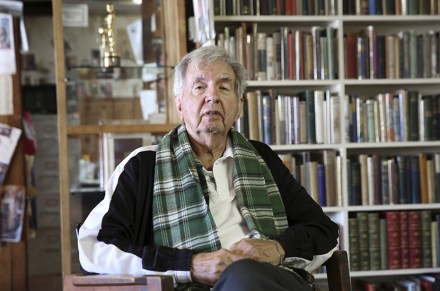The books that made me who I am
Gstaad This is my last week in the Alps and I’m trying to get it all in – skiing, cross-country, kickboxing, even some nature walking along a stream. (I did my last downhill run with Geoffrey Moore, one that ended in a collision with a child at the bottom of the mountain, and I’m thinking of calling it quits on the downhill-skiing front.) The trouble with athletes is that we early on enact the destiny to which we are all subject, an early death. The death of sports talent is a subtle process. The eyes go first, then the step falters. Eventually you feel like an old man who is





